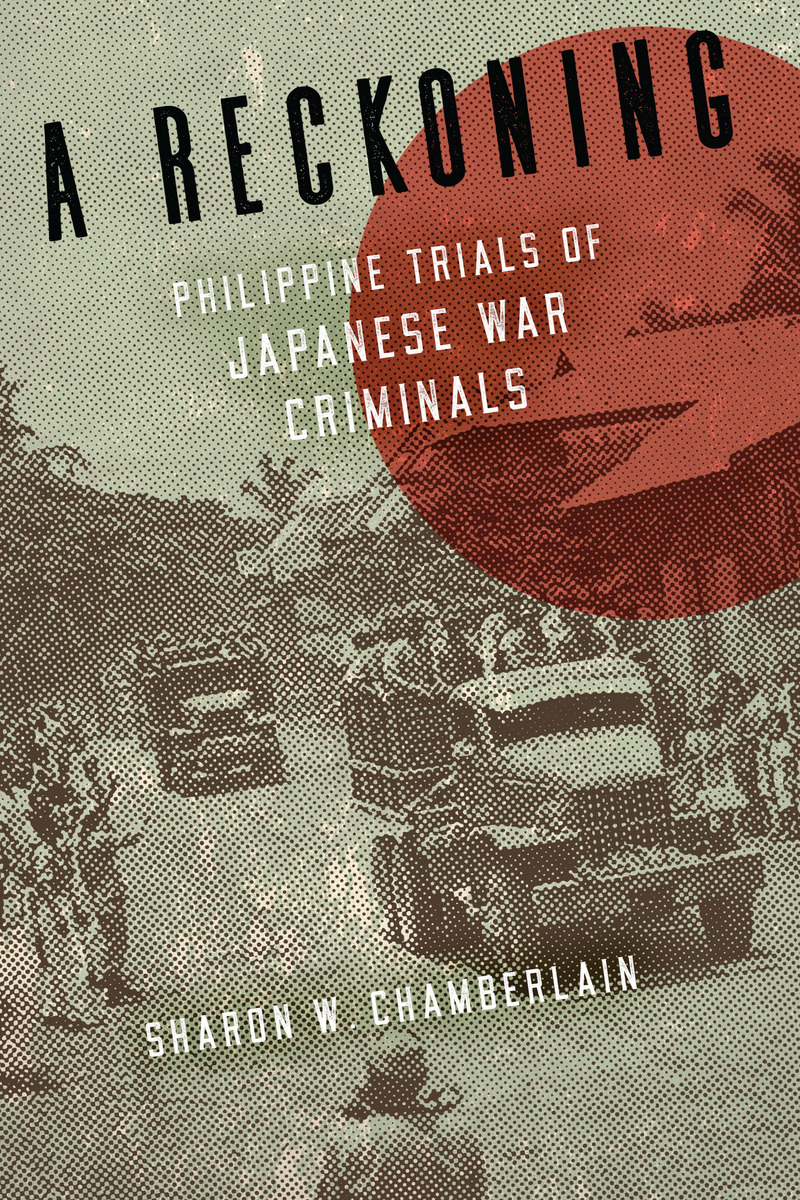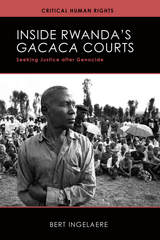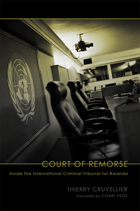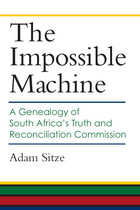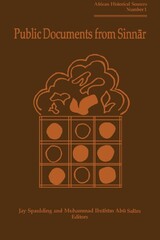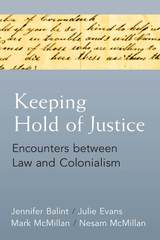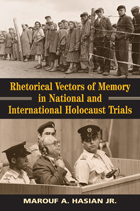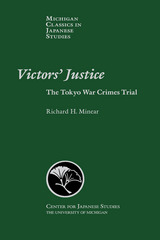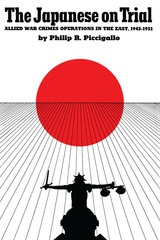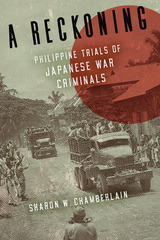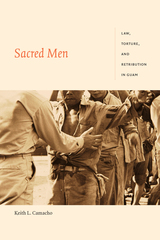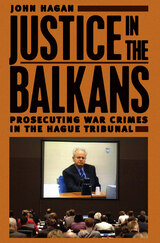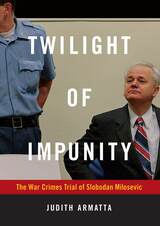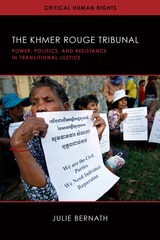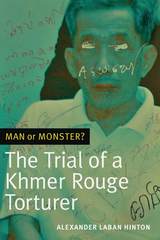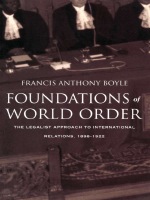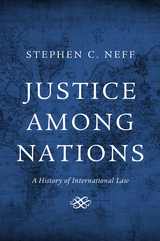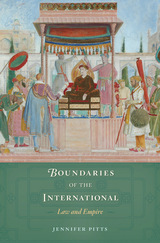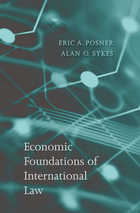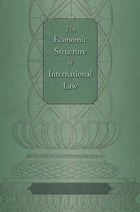A Reckoning: Philippine Trials of Japanese War Criminals
University of Wisconsin Press, 2019
eISBN: 978-0-299-31863-5 | Cloth: 978-0-299-31860-4
Library of Congress Classification KZ1183.C43 2019
Dewey Decimal Classification 364.13809599
eISBN: 978-0-299-31863-5 | Cloth: 978-0-299-31860-4
Library of Congress Classification KZ1183.C43 2019
Dewey Decimal Classification 364.13809599
ABOUT THIS BOOK | AUTHOR BIOGRAPHY | REVIEWS | TOC | REQUEST ACCESSIBLE FILE
ABOUT THIS BOOK
After World War II, thousands of Japanese throughout Asia were put on trial for war crimes. Examination of postwar trials is now a thriving area of research, but Sharon W. Chamberlain is the first to offer an authoritative assessment of the legal proceedings convened in the Philippines. These were trials conducted by Asians, not Western powers, and centered on the abuses suffered by local inhabitants rather than by prisoners of war. Her impressively researched work reveals the challenges faced by the Philippines, as a newly independent nation, in navigating issues of justice amid domestic and international pressures.
Chamberlain highlights the differing views of Filipinos and Japanese about the trials. The Philippine government aimed to show its commitment to impartial proceedings with just outcomes. In Japan, it appeared that defendants were selected arbitrarily, judges and prosecutors were biased, and lower-ranking soldiers were punished for crimes ordered by their superior officers. She analyzes the broader implications of this divergence as bilateral relations between the two nations evolved and contends that these competing narratives were reimagined in a way that, paradoxically, aided a path toward postwar reconciliation.
Chamberlain highlights the differing views of Filipinos and Japanese about the trials. The Philippine government aimed to show its commitment to impartial proceedings with just outcomes. In Japan, it appeared that defendants were selected arbitrarily, judges and prosecutors were biased, and lower-ranking soldiers were punished for crimes ordered by their superior officers. She analyzes the broader implications of this divergence as bilateral relations between the two nations evolved and contends that these competing narratives were reimagined in a way that, paradoxically, aided a path toward postwar reconciliation.
See other books on: Atrocities | Genocide & War Crimes | Philippines | Reckoning | War crime trials
See other titles from University of Wisconsin Press
